Netflix’s KPop Demon Hunters Faces Backlash Over BLACKPINK Jennie Inspiration
Netflix’s newest animated film, KPop Demon Hunters, is making waves for its bold concept and vibrant visuals — but a single comment about BLACKPINK Jennie has unexpectedly ignited heated debate. The KPop Demon Hunters BLACKPINK Jennie controversy shows just how quickly K-pop fandoms can turn praise into conflict.
A Fresh Take on K-pop and Fantasy
Co-directed by Maggie Kang and Chris Appelhans, KPop Demon Hunters blends Korean pop culture with supernatural folklore and pulsing music. The story follows Huntrix, a fictional K-pop girl group who captivate audiences worldwide by day but secretly become fierce demon slayers by night, using their music as their ultimate weapon. Early reviews have applauded the animation style, original soundtrack, and creative weaving of Korean cultural elements.
The Controversial Nod to BLACKPINK’s Jennie
What started as a tribute to real-world icons has become the film’s unexpected controversy. Fans quickly noted that Rumi, one of Huntrix’s lead characters, resembles BLACKPINK’s Jennie in style and aura. During promotional interviews, Director Maggie Kang confirmed that she and her team drew inspiration from many powerful, stylish women in and beyond K-pop — and Jennie was indeed among those muses.
However, this single acknowledgment has sparked outrage among some of Jennie’s passionate fans. Accusations range from “clout-mongering” — using Jennie’s name to boost buzz — to exploiting her image without consent or compensation. A few fans even claimed the character’s vibe crossed the line into plagiarism.
READ MORE: TWICE ‘THIS IS FOR’: Extraordinary Comeback Teasers
READ MORE: 1VERSE debut single album ‘The 1st Verse’ drops July 2025
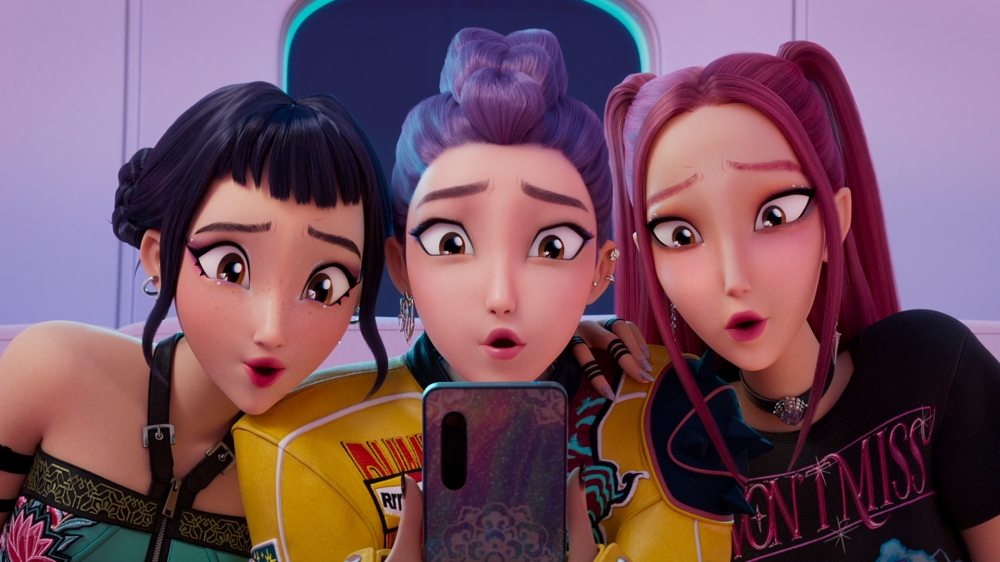
Director Maggie Kang Responds
Addressing the backlash, Maggie Kang explained that creating KPop Demon Hunters involved gathering inspiration from countless sources — idols, fashion trends, and pop culture figures — to craft fresh characters that feel both familiar and fantastical. She emphasized that Jennie was only one among many influences and clarified that the list of references is “endless.” Kang also noted that sometimes interviewers themselves suggested names during discussions.
What This Says About K-pop Fandom Culture
The KPop Demon Hunters BLACKPINK Jennie debate highlights deeper questions about K-pop fandoms and where admiration can cross into obsession. Industry watchers and casual fans argue that creative inspiration is inevitable — especially in pop culture where visuals, fashion, and music constantly evolve and intermingle. Many have urged fans to view the film as what it is: a stylish love letter to K-pop and Korean culture, not a battleground for accusations.
Importantly, not every BLINK — as BLACKPINK’s fans are called — has joined the uproar. Many viewers have come to Kang’s defense, pointing out that global icons like Jennie inspire designers and storytellers worldwide. For most, this influence is a testament to Jennie’s impact — something to celebrate rather than condemn.
A Bigger Conversation About Art and Ownership
In the end, this controversy is about more than one character or one idol. It sheds light on the complex relationship between celebrities and their fiercely protective fandoms — and how quickly a tribute can become a flashpoint for conflict. KPop Demon Hunters continues to stream on Netflix, drawing new fans for its stunning visuals and energetic twist on the K-pop world. As the conversation grows, perhaps this is the moment for artists and audiences alike to reflect on where the lines between inspiration, respect, and ownership truly lie. For more, check out the link below.
Alternatively, watch the animation here:



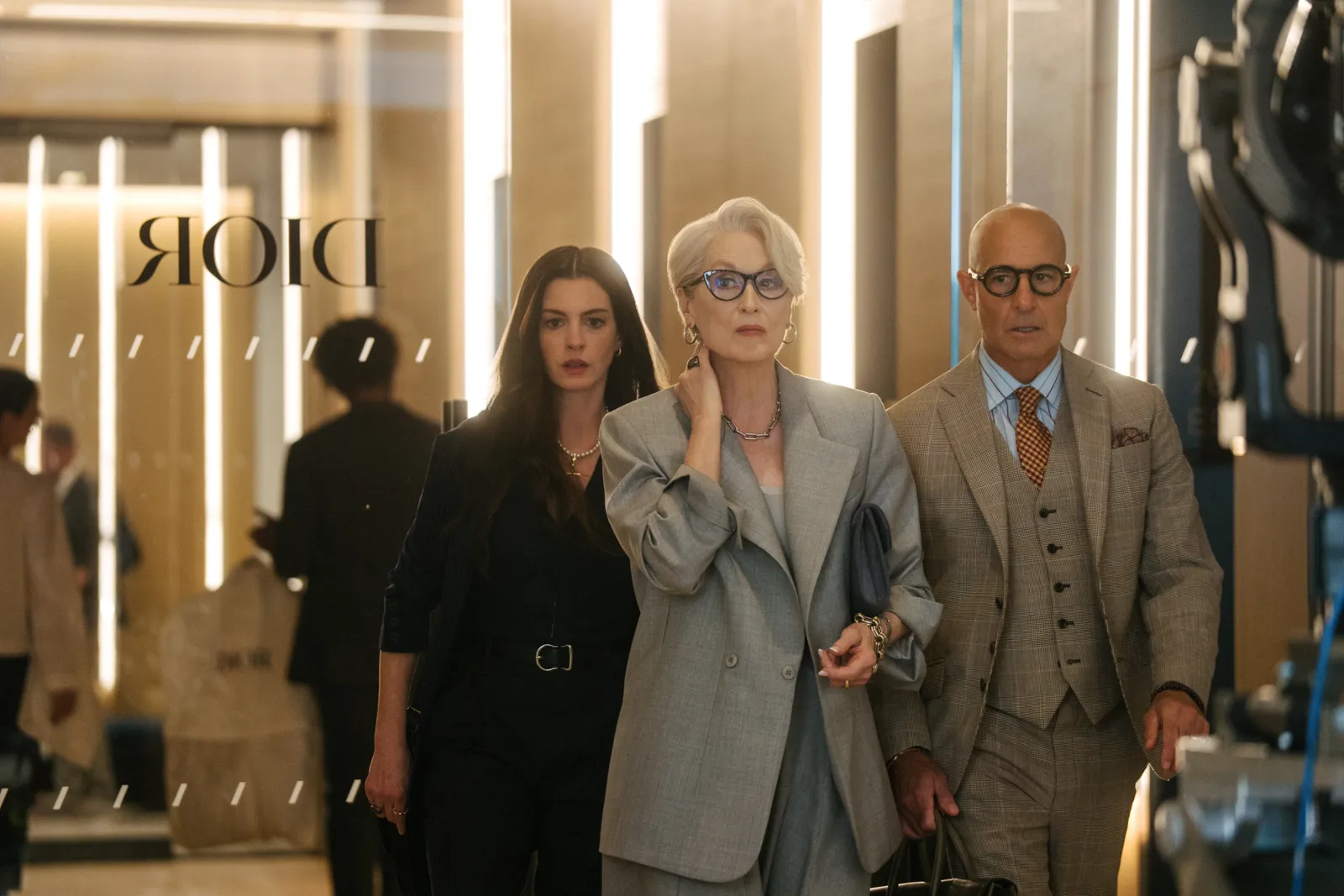
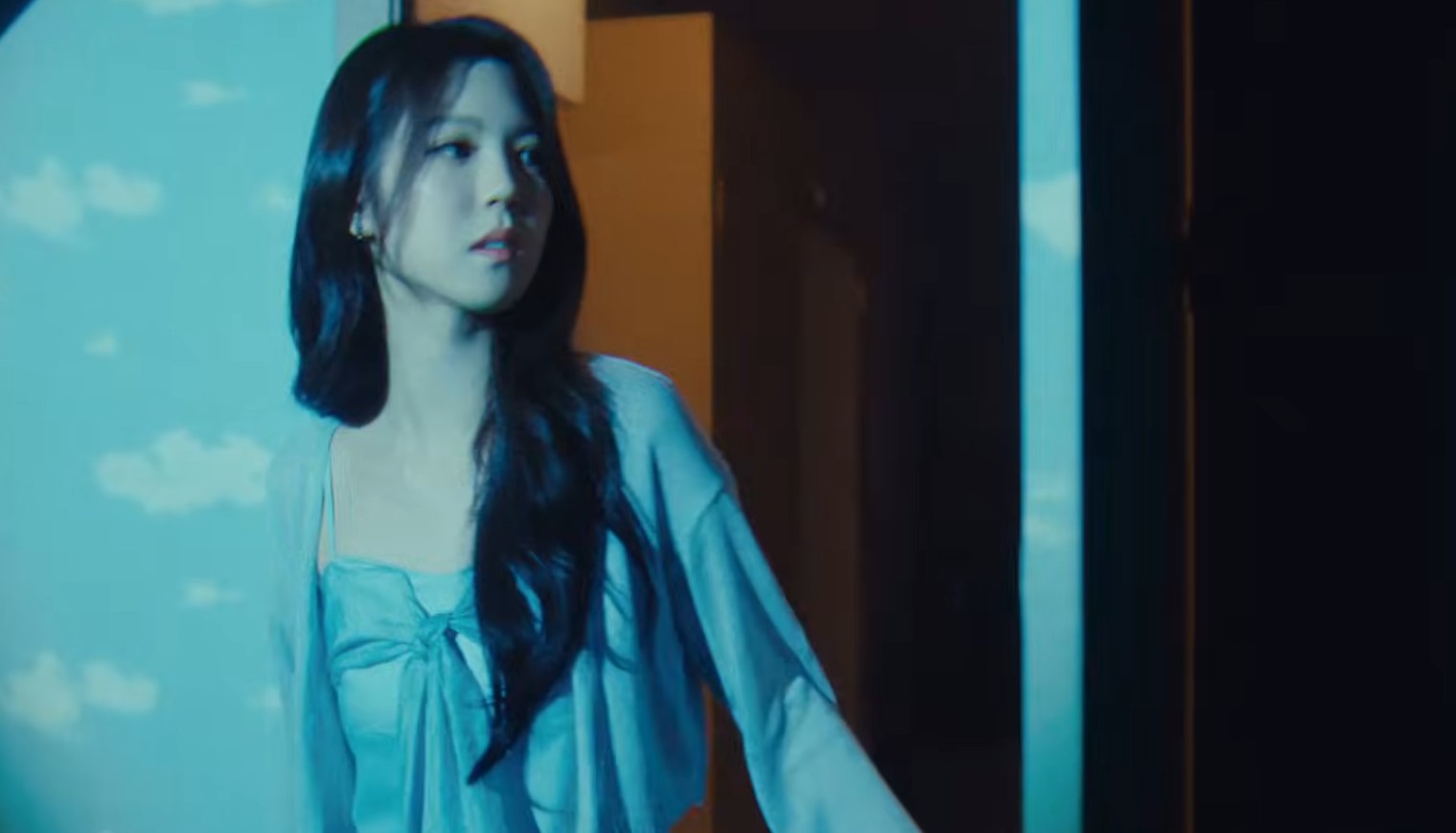
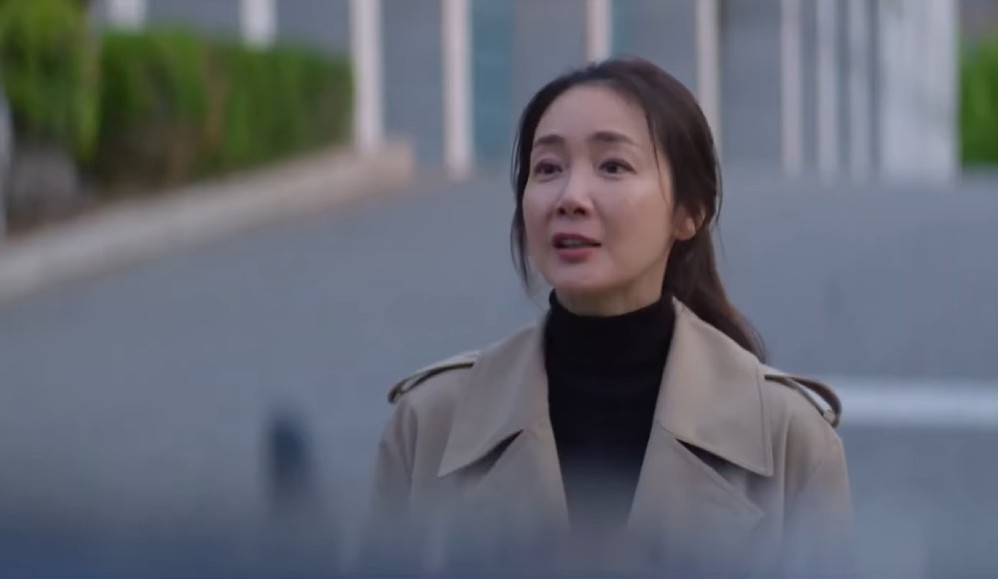
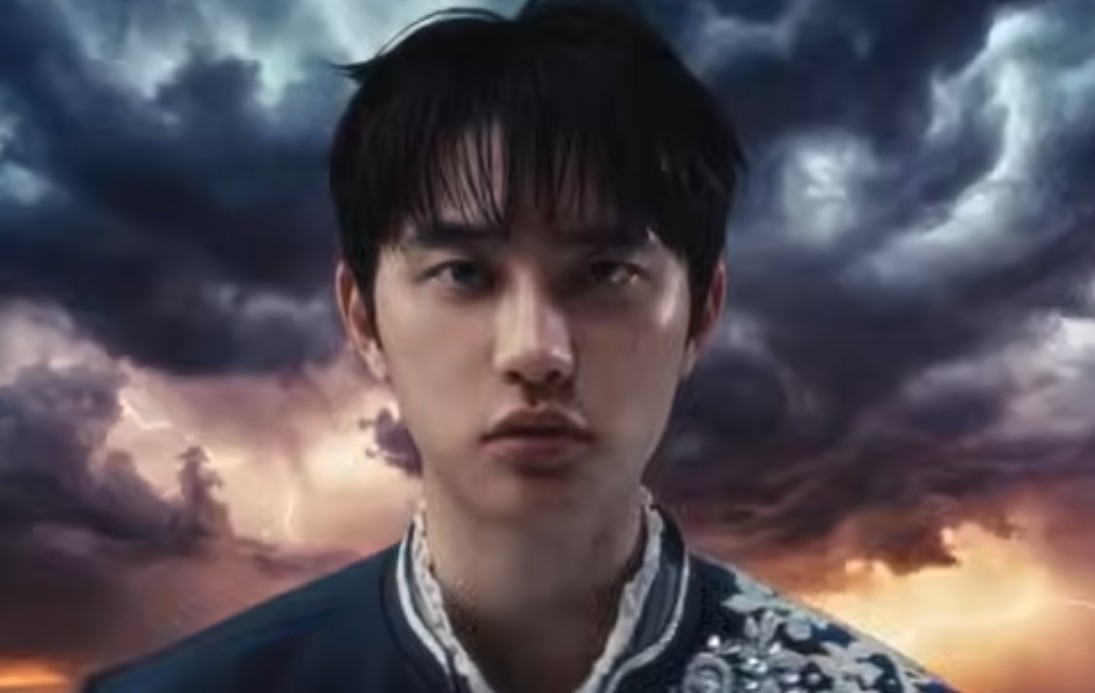
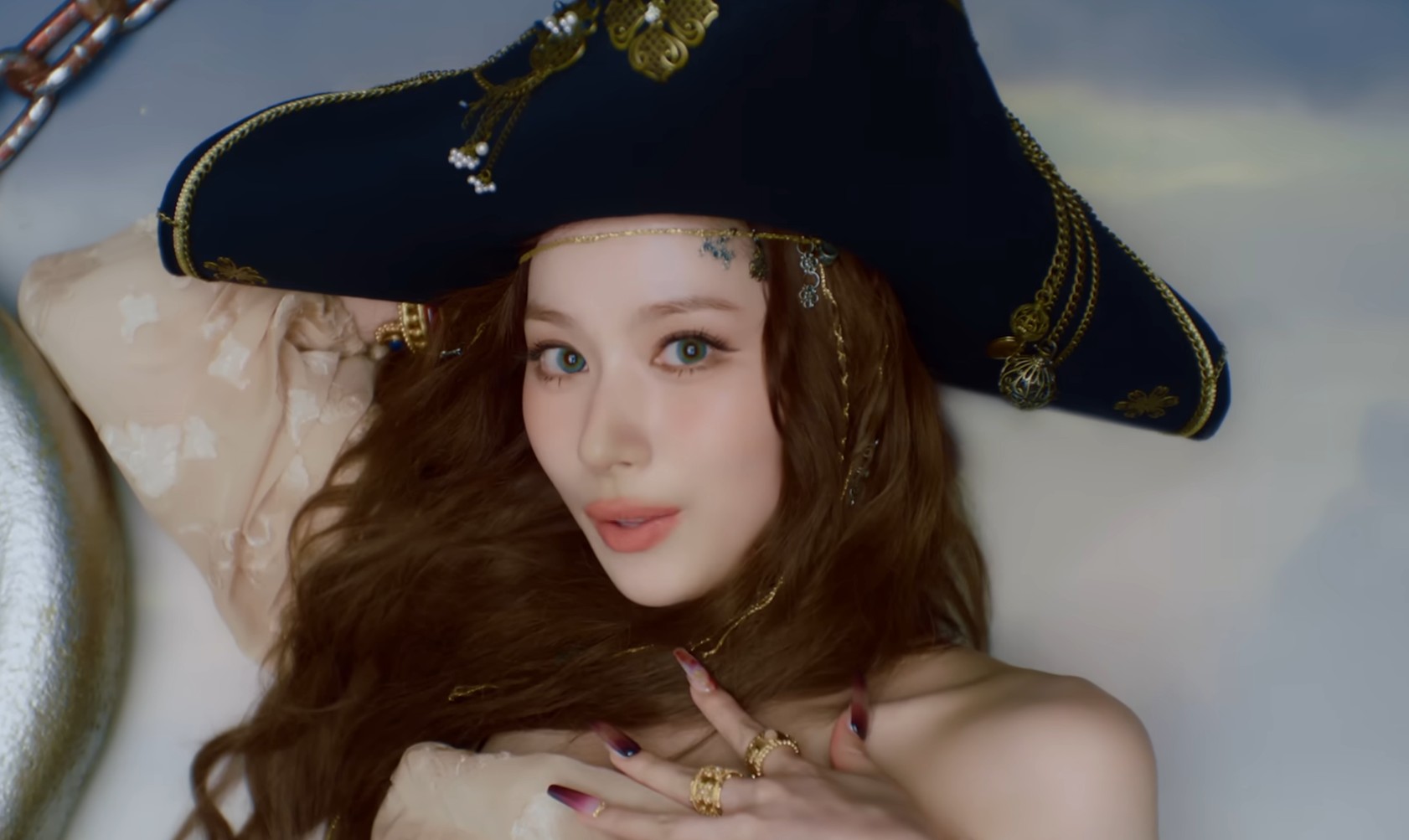
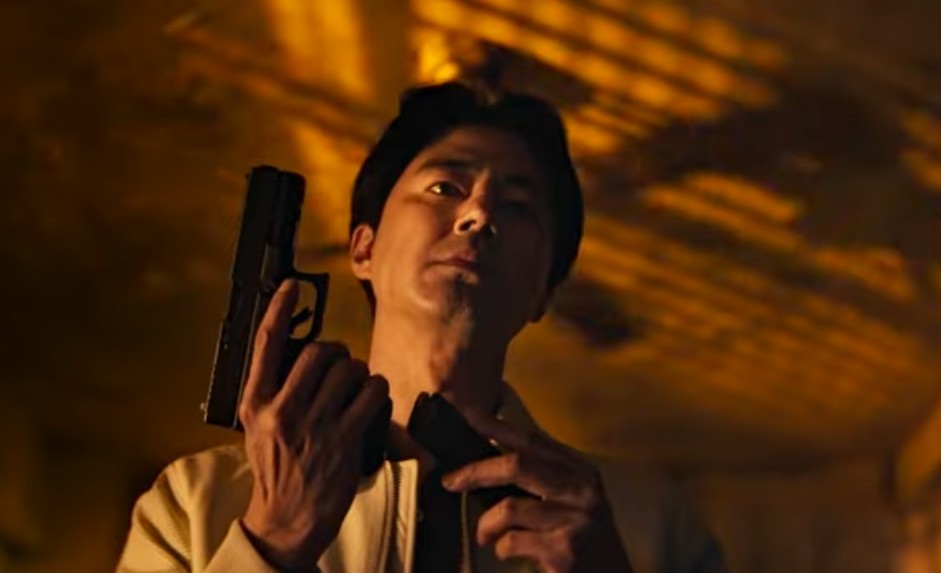
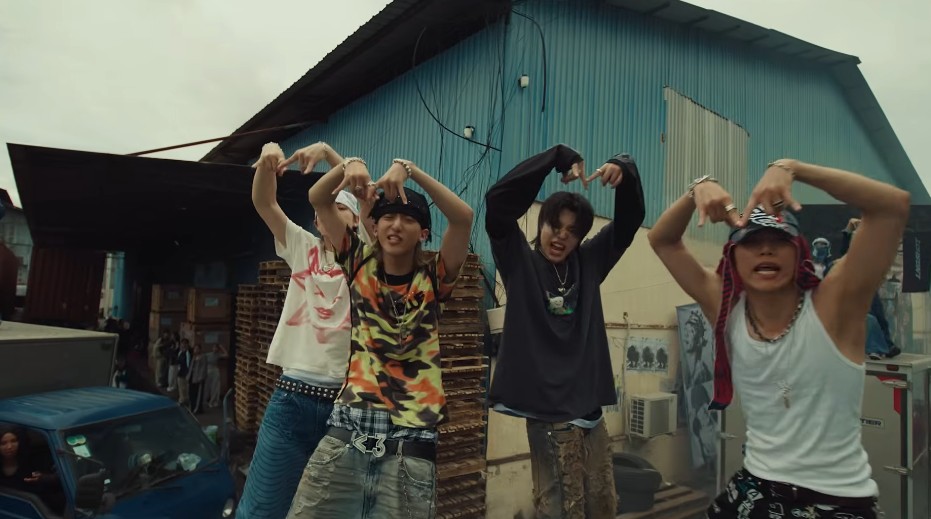

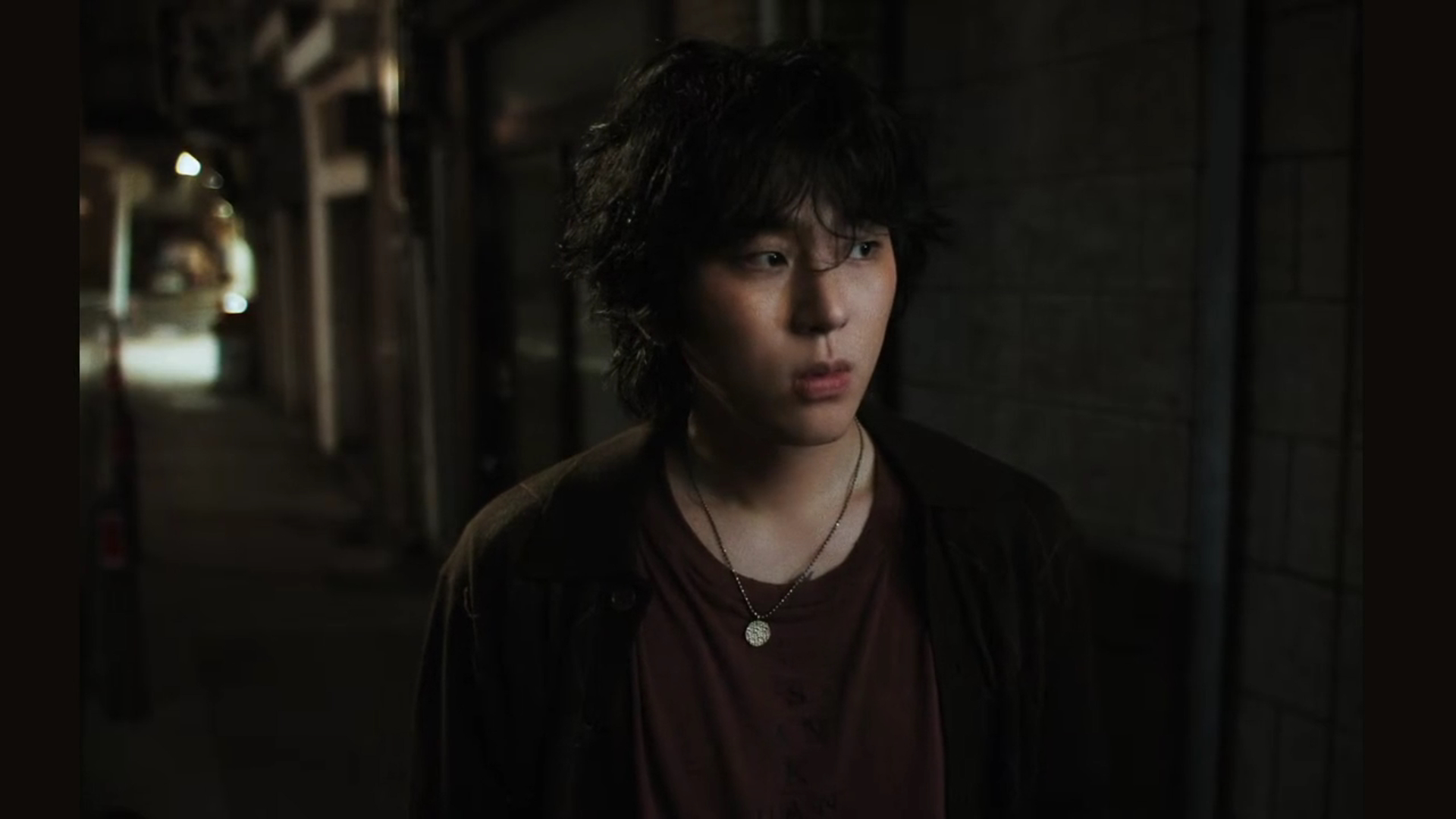
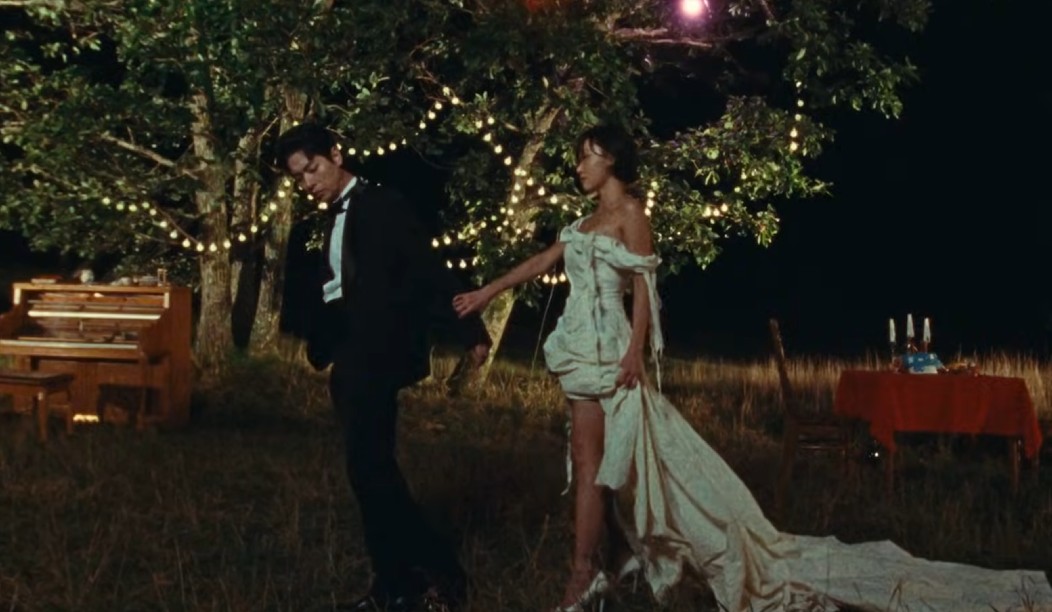

Leave a Reply